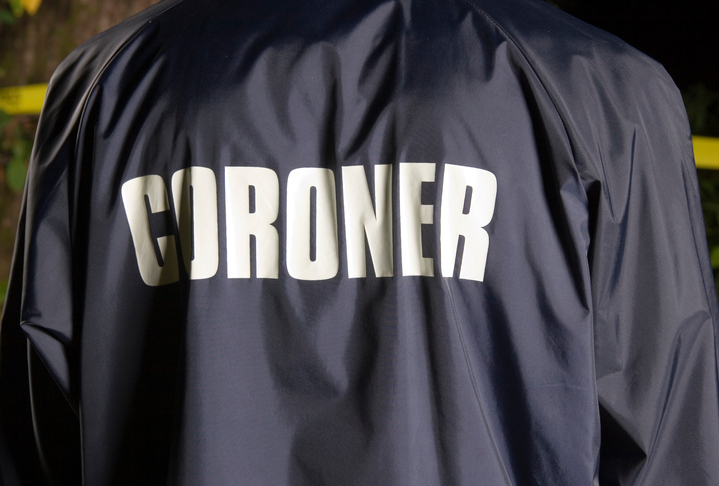The roles of coroners and medical examiners are integral to death investigation, but they differ significantly in history, qualifications, and responsibilities. Coroners originate from the medieval English system and were initially royal officials responsible for investigating deaths with potential financial implications for the crown. Today, coroners are often elected officials, though qualifications vary widely, with some requiring little to no medical or forensic training. They investigate sudden, unexplained, or suspicious deaths, determine the cause and manner of death, and may conduct or order autopsies, often performed by forensic pathologists. Coroners also issue death certificates and may hold inquests or public inquiries.
On the other hand, medical examiners emerged in the 19th and 20th centuries to bring more scientific rigor to death investigations. They are appointed, usually by a government or health authority, and must be licensed physicians with specialized training in forensic pathology. Medical examiners personally perform autopsies, work closely with law enforcement and forensic scientists, issue death certificates, and prepare detailed autopsy reports. They also provide expert testimony in court regarding their findings.
Jurisdictional differences influence the prevalence of each role. Coroners are more common in rural or less populated areas, where their local knowledge and community connections are advantageous, though they may lack the medical expertise for complex cases. Medical examiners are more prevalent in urban areas, offering high levels of medical and forensic expertise, consistency, and scientific rigor, though their systems are costlier to maintain and less directly accountable to the public.
Despite these differences, coroners and medical examiners often collaborate, with coroners relying on medical examiners or forensic pathologists to conduct autopsies and provide expert opinions. This collaboration ensures comprehensive and accurate death investigations by combining administrative oversight with medical expertise. The choice between a coroner and a medical examiner system depends on the specific needs and resources of the jurisdiction.

